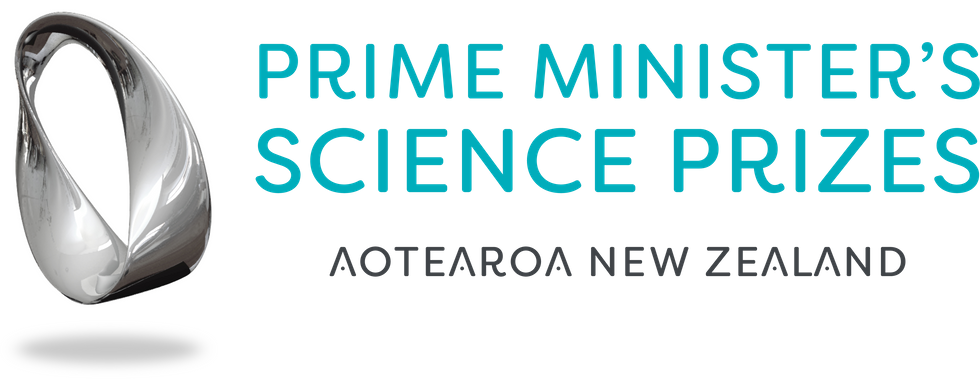Student’s winning solution to remove pollutants from stormwater with plants

MEDIA RELEASE: TE PUIAKI KAIPŪTAIAO ĀNAMATA FUTURE SCIENTIST PRIZE
Te Puiaki Kaipūtaiao Ānamata the Prime Minister’s Future Scientist is Rena Misra, a Year 13 student at Epsom Girls’ Grammar School in Auckland.
Rena was awarded this Prize for her research on removing pollutants from stormwater, using fungi to enhance the efficiency of filtration by plants. Her project details how plants inoculated with vascular mycorrhizal fungi have an enhanced ability to take up copper, and reduce contamination in water.
Rena’s system has the potential to be scaled up for use in water-treatment plants and in rural waterways where stormwater often isn’t treated.
Rena says she was inspired to pursue this project after she learned about the growing issue of stormwater runoff in New Zealand.
“With every rainfall and storm event, particles like copper make their way from car brakes and metal roofing and flow into our waterways, which is compromising the health of our aquatic ecosystems,” she explains.
Rena wanted to create an affordable solution to combat this problem.
Using a test system growing salad plants hydroponically, and water contaminated with copper, Rena proved that when the fungi was applied to the plant’s roots, it greatly expanded the root surface area through the establishment of fungal threads called hyphae.
“This allowed the plants to absorb more nutrients to grow larger and stronger, but it also meant that they were able to uptake more copper to reduce this contamination significantly better than plants that weren’t inoculated with the fungi.”
Her experimental set-up
For her project, Rena learned how to set up hydroponic systems, how to monitor plant growth and nutrient levels, and how to perform a staining procedure to microscopically view the ectomycorrhizal fungi in her plant roots.
Rena says that one of the most challenging aspects of her project was setting up and running hydroponic systems to hold her fungi-inoculated plants.
“It definitely took a lot of fine-tuning to get the balance right in terms of the nutrient and pH levels, but it also was the most rewarding as I saw my plants thrive and grow throughout my experiment.”
The staining helped her determine if the fungi had colonised the plant roots.
“And then that led me to the third stage of my project, where I spiked copper into my system.”
Rena used copper test strips and colorimetric analysis to see how well her plants were able to take up the copper.
How could it be used?
Thinking of scaling up her project, Rena explains that there is scope for fungi-inoculated plants to be placed on rafts, which float in wastewater treatment plants and rural waterways, where they would suck heavy metals like copper out of the water.
“It’s a self-sustaining system, so [the plants] can be taken out and replaced to filter contaminants from our ecosystem.”
While Rena focused on copper, she says that with further investigation, this system could be used to remove other heavy metals like zinc and organic pollutants like pesticides.
Rena says that despite their promise, fungi-inoculated plants haven’t been widely recognised as a solution to treat urban water contamination.
“I hope that this project paves the way for further advancements and development in scaling up this remediation process, especially in low-resource communities where extensive infrastructure may not be feasible.”
A love of science
Rena says that this project has developed her love for discovering new things and investigating new solutions for some of the most pressing issues that the world faces.
“I think that I’d really like to go into medical research or environmental science.”
She says this project built her ability to overcome challenges and seek new solutions.
Epsom Girls’ Grammar School principal Brenda McNaughton says she and the school community are proud that Rena has won this award.
“She’s so well deserving.”
Brenda says that Rena is part of a group of students at her school who support each other with science endeavours.
“We’re delighted at the impact that this can have for our students, not just now, but in the future.”
She says her students are often looking to leave a legacy for others to think “I can learn that”.
“We’d love to also acknowledge Mrs Mayada Ghanim, one of our science teachers here, who really fosters that love of learning.”
